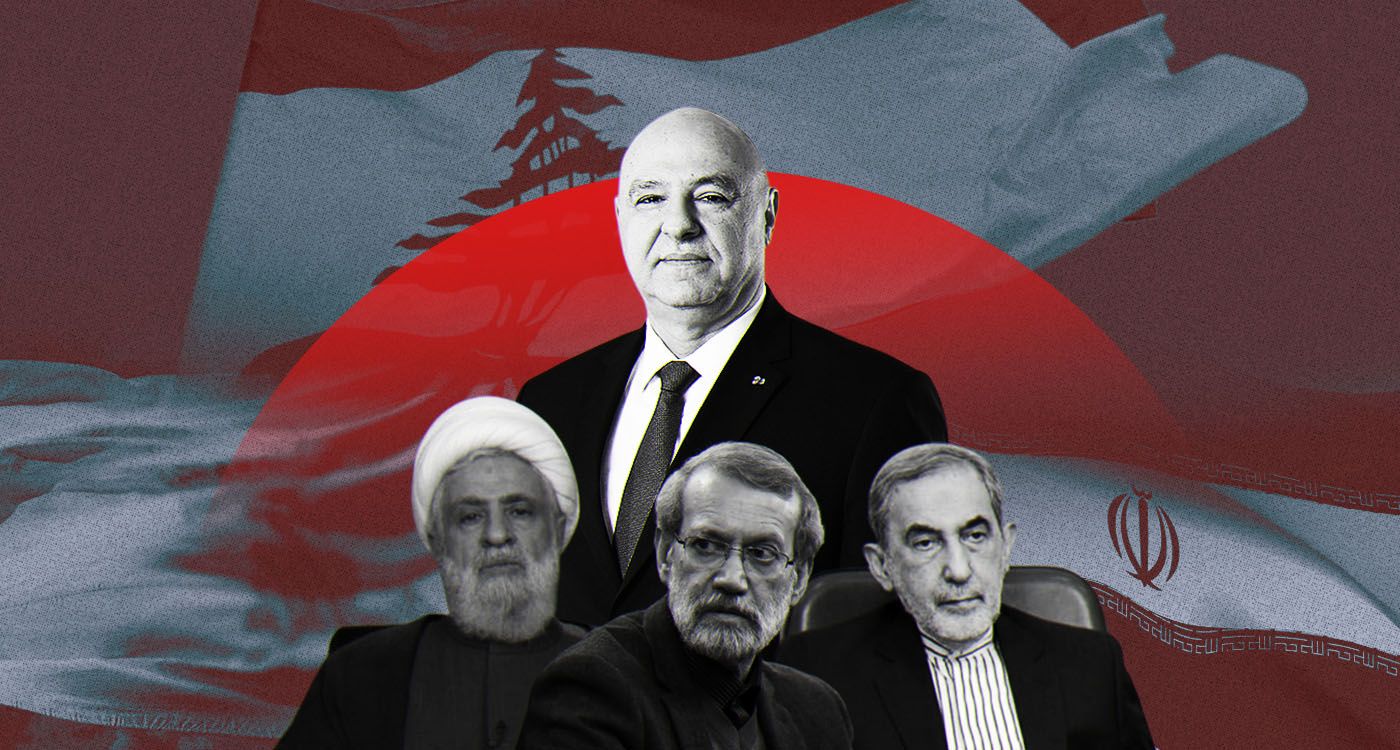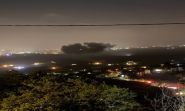
In recent months, the geopolitical landscape in Lebanon has undergone a notable shift as Iran's influence, particularly through its support of Hezbollah, faces growing scrutiny and challenge. The once seemingly unassailable grip that Tehran had over Lebanese affairs is being tested, as internal tensions rise and the Lebanese government seeks to reclaim its sovereignty.
Historically, Iran's backing of Hezbollah has been seen as a source of strength. However, many now perceive this relationship as a double-edged sword. Iranian advisers such as Ali Akbar Velayati have acknowledged Hezbollah's vulnerabilities, signaling a significant shift in dynamics. Velayati’s comments, while reaffirming Iran's commitment to the so-called "Axis of Resistance," curiously highlighted the Houthis in Yemen as a “gem,” suggesting waning confidence in Hezbollah’s regional standing.
Compounding the situation, a recent visit by senior Iranian official Ali Larijani to Beirut has raised alarms about potential repercussions for Lebanon's evolving political landscape. Larijani's discussions with Lebanese leaders were perceived as an assertion of influence at a time when the government is increasingly focused on disarming Hezbollah. Observers report that Iranian officials, including Larijani, expressed dissatisfaction with these governmental initiatives, hinting at Iran's intent to counter the Lebanese drive for autonomy. This interference threatens to exacerbate existing divisions within Lebanon.
In stark contrast, Lebanon's government is gaining momentum in its push to reduce Hezbollah's military clout. The political will among state leaders to rein in the militant group has never been stronger, raising pressing questions about Hezbollah's future in Lebanon. US analysts observe that as the government's resolve strengthens, Hezbollah’s historical dominance might be increasingly at risk. A diplomatic source in Washington stated, “This shift in dynamics is significant. A weakened Hezbollah jeopardizes not only its military capabilities but also its political standing in Lebanon.” Such sentiments underline a burgeoning consensus that the image of Hezbollah as an unstoppable force is beginning to fracture amid evolving threats and internal dissent.
The Lebanese government's resolve stands out amidst this backdrop. Following a ceasefire brokered in November 2024, officials have taken pivotal steps towards disarmament, notably with a significant policy decision announced on August 7 aimed at limiting Hezbollah's military capabilities. This marks a crucial departure from years of inaction, reflecting a broader strategy to reassert authority over all armed groups within the nation.
Financial moves also highlight the government's strategic approach to undermining Hezbollah's operational strength. Lebanon's central bank has recently prohibited financial institutions from engaging in transactions with Hezbollah's Al Qard Al Hassan bank, targeting the essential financial foundations on which the group relies. A senior diplomat in Washington emphasized that the push for a monopoly on weapons is indicative of a growing consensus for legitimate state authority over armed factions.
Moreover, disillusionment among Hezbollah’s base is increasingly evident, driven by the group's failure to meet its followers’ pressing economic and security needs. Some US experts contend that this discontent is providing fertile ground for the Lebanese government's disarmament initiatives, solidifying public support for the state over the militant group. They suggest that internal dissatisfaction could significantly reshape Hezbollah's support base, elevating the stakes in ongoing disarmament discussions. Domestically, areas that were once strongholds of Hezbollah are gradually seeing a shift in public sentiment, with increasing calls for greater state authority. There is also heightened activity from civil society and local municipalities advocating for reforms to reduce Hezbollah's influence. Regionally, Tehran is closely monitoring this decline and appears to be adjusting its strategies by increasing support for Hezbollah to maintain its regional power dynamics.
International dynamics further complicate the situation, with the United States stepping up support for the Lebanese government's efforts to curtail Hezbollah's influence. Washington's renewed commitment to bolster Lebanon's sovereignty aligns closely with broader US, European, and Arab interests in the region, focused on countering Iranian hegemony and promoting stability. A US expert in Middle Eastern politics pointed out, “The disarmament of Hezbollah is integral not only to Lebanon's future but also to America’s broader strategy in the region to mitigate Iran’s hegemonic aspirations.” This synchronization of interests reveals a concerted effort to revitalize Lebanese state-building, as external support aims to strengthen Lebanon's autonomy and governance.
Although the drive toward sovereignty is fraught with challenges, the shifting dynamics suggest a more complex future for Hezbollah and the regional balance of power—one that could redefine Lebanon’s political landscape for years to come.




Comments